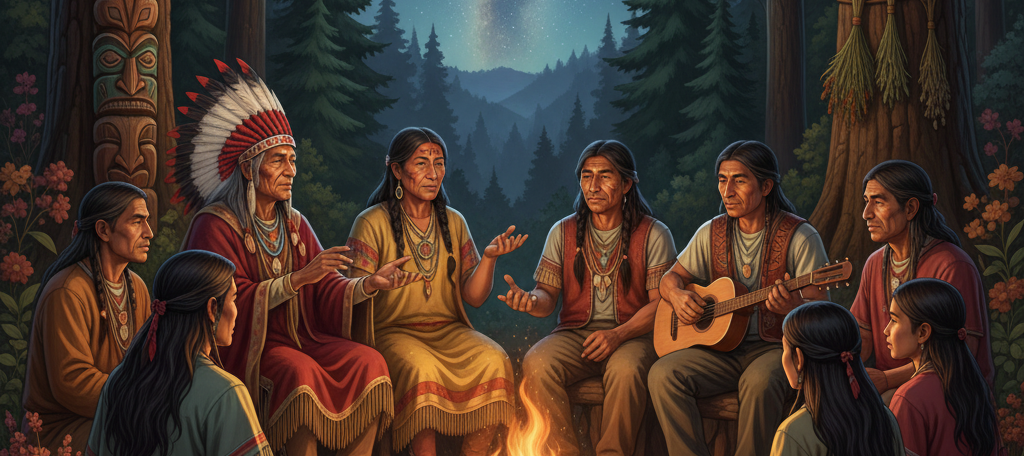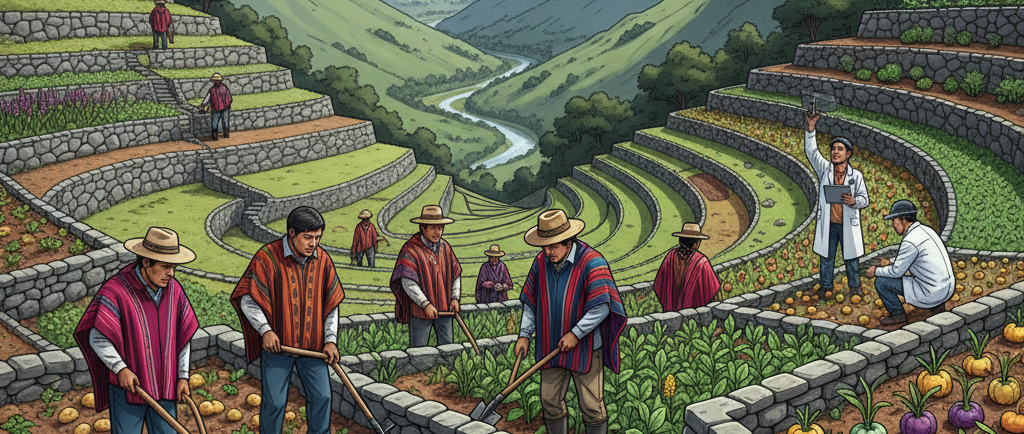In 2025, as the world grapples with environmental crises and cultural homogenization, indigenous knowledge systems are experiencing a profound resurgence, offering invaluable insights into sustainable living and holistic worldviews. Rooted in millennia of coexistence with nature, these traditions from communities like the Maori, Native Americans, and Aboriginal Australians challenge Western-centric approaches, promoting biodiversity conservation, resilient agriculture, and spiritual connections to the land. This revival not only empowers marginalized voices but also enriches global perspectives on harmony between humanity and the Earth.

Historical Marginalization and Modern Recognition
Indigenous peoples have long stewarded vast ecosystems—managing 80% of the world’s biodiversity despite comprising only 6% of the population. Colonization and industrialization suppressed these knowledges, labeling them “primitive,” yet recent decades have seen a shift. The UN’s Declaration on the Rights of Indigenous Peoples (2007) and initiatives like the IPCC’s inclusion of traditional ecological knowledge mark growing acknowledgment.
From a worldview standpoint, indigenous philosophies emphasize interconnectedness: concepts like the Maori’s “kaitiakitanga” (guardianship) or the Andean “sumak kawsay” (good living) prioritize balance over exploitation. In 2025, amid biodiversity loss, these ideas influence policies, such as Brazil’s integration of Amazonian tribal input in deforestation strategies.
Practical Applications and Cultural Integration
Globally, indigenous practices are being adapted for contemporary challenges. In Australia, Aboriginal fire management techniques prevent megafires, while in Canada, Inuit knowledge aids Arctic climate monitoring. Economically, fair-trade partnerships for indigenous crops like quinoa support communities, fostering ethical globalization.
This resurgence shifts worldviews toward decolonization, where education systems incorporate native histories, and tech innovations—like apps mapping sacred sites—blend tradition with modernity. However, challenges like intellectual property theft persist, necessitating stronger protections.

Future Prospects and Ethical Imperatives
Looking forward, collaborations between scientists and indigenous elders could accelerate solutions to issues like water scarcity and food security. Events like the 2025 UN Biodiversity Conference highlight this synergy, urging a worldview of reciprocity and respect.
Ultimately, embracing indigenous knowledge invites a paradigm shift: from domination to partnership with nature, ensuring a sustainable legacy for all.
